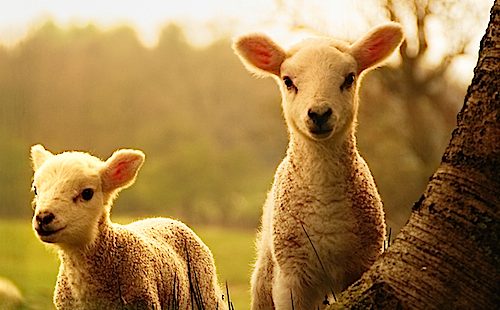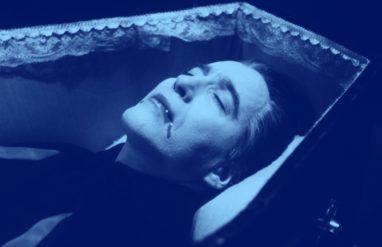Lambkin
When lamb isn’t enough of a diminutive, try lambkin. Used lovingly to refer to a person who is exceptionally sweet, young and innocent, this is the ultimate warm and fuzzy pet name. The Oxford English Dictionary attributes the first two recorded citations of lambkin to Shakespeare in Henry IV, Part 2 and Henry V, both from 1600. In Henry IV, Part 2 Pistol breaks the news of the king’s death with the following line: “Sir John, thy tender lambkin now is king.”























